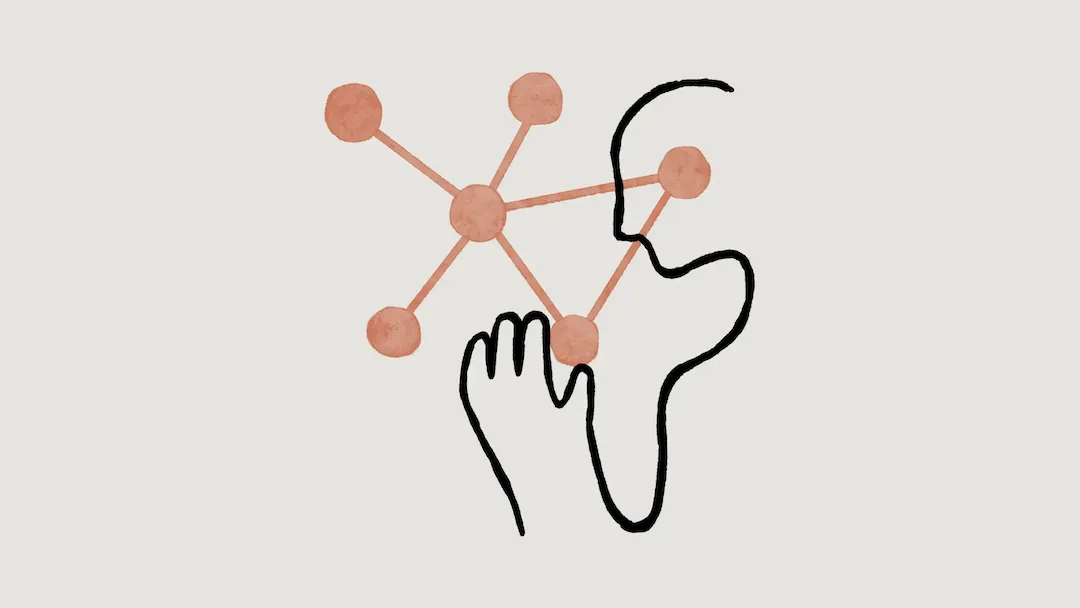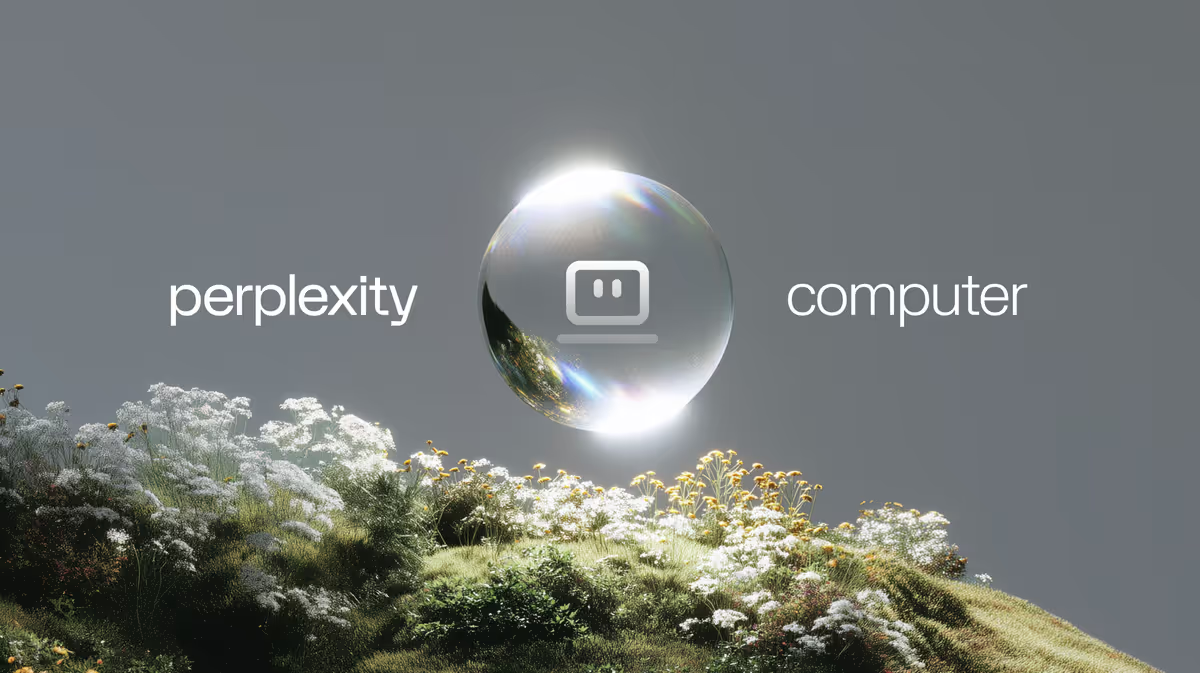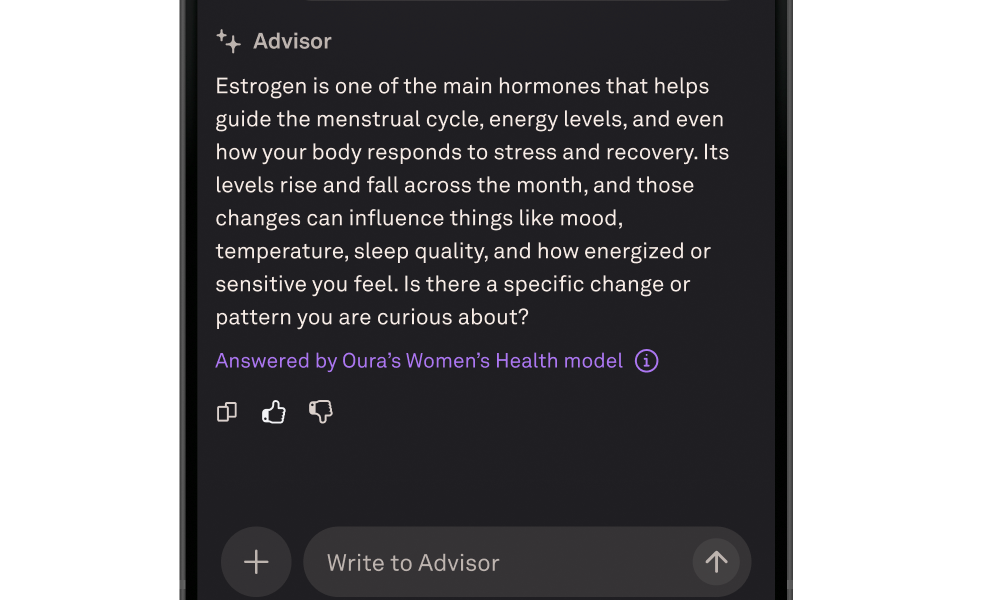Anthropic, a startup founded by former OpenAI researchers, has set its sights on taking on the AI giant and disrupting over a dozen major industries. According to documents obtained by TechCrunch, Anthropic aims to raise up to $5 billion in the next two years to fund its plans, including a "frontier model" called "Claude-Next" that will be ten times more capable than current AI. To achieve this groundbreaking feat, Anthropic plans to spend a whopping $1 billion over the next 18 months. The model, which is the successor to Anthropic's chatbot, Claude, can perform a range of tasks, including searching across documents, summarizing, writing and coding, and answering questions about particular topics. It's intended to automate large portions of the economy and is based on Anthropic's proprietary AI training technique, "constitutional AI," which aligns AI with human intentions. Anthropic's pitch deck reveals that it has secured significant investments from the likes of Alameda Research Ventures and Google, as well as high-profile backers such as Facebook and Asana co-founder Dustin Moskovitz and former Google CEO Eric Schmidt. Anthropic's frontier model could be used to build virtual assistants that can answer emails, perform research, and even generate art and books.
The company claims that its model will be much less likely to produce harmful outputs, easier to converse with, and more steerable than OpenAI's ChatGPT. As it competes with other text-generating AI systems, such as Cohere and AI21 Labs, Anthropic is confident that its approach will set it apart. Anthropic was founded as a public benefit corporation by Dario Amodei, the former VP of research at OpenAI, who split from the company due to a disagreement over its commercial focus. However, Anthropic has since fully committed to commercialization, developing a strategy for go-to-market and initial product specialization that fits with its core expertise and brand. With its ambitious plans and impressive backing, Anthropic is certainly one to watch in the AI space. Will it surpass OpenAI? Only time will tell, but one thing's for sure: the AI race just got a lot more interesting.







Comments